Latest post
- APPRISE Project 3 ( THUMB Project) Launch at Mwananyamala and Amana RRH
- EECCiT Dissemination meetings were done in Tanzania mainland and Zanzibar
- EECC in action at Ebrahim Haji Charitable Health Centre
- Expanding Access to Lifesaving EECC Across Tanga Region
- Building Lifesaving Skills Through EECC in Kilimanjaro
Post Categories
EECCiT
Essential Emergency and Critical Care in Tanzania

The Essential Emergency and Critical Care in Tanzania (EECCiT) is a government-led programme supported by UNICEF, with technical assistance from POETIC MUHAS. The programme focuses on strengthening the delivery of Emergency, Essential and Critical Care (EECC) including oxygen therapy within Primary Health Care (PHC) facilities across five mainland regions and Zanzibar.
The overarching aim of EECCiT is to identify gaps in EECC provision, design and implement a targeted intervention package, and generate context-specific evidence on effective strategies to inform the national scale-up of EECC across Tanzania.
Key activities to date:To support the operationalization and integration of EECC, we have undertaken the following:
- Dissemination and advocacy activities to raise awareness of the government’s EECC agenda and the importance of EECC at all levels of the health system.
- Review of pre-service medical and nursing curricula and 21 in-service training courses to assess the extent of EECC content and identify training gaps.
- A national survey of 300 health facilities and in-depth assessments of 24 selected facilities across five mainland regions and Zanzibar to identify gaps in EECC provision and their underlying drivers.
- Development of standardized EECC training packages, including a 3-day clinical EECC course, EECC leadership training, and EECC focal person training, alongside practical clinical tools and job aids to support service delivery.
- Review of the national Health Management Information System (HMIS) and formulation of recommendations for the inclusion of EECC indicators.
- Baseline assessments that identified nine key barriers to effective EECC provision. In response, POETIC, in collaboration with UNICEF and government stakeholders, co-designed a targeted EECC intervention package, which was rolled out in May 2025.
Progress in implementation: Since the launch of the intervention package, the programme has achieved the following:
- Trained EECC master trainers in preparation for nationwide clinical and leadership trainings.
- Delivered a practical 3-day EECC training to over 1,000 health workers.
- Distributed user-friendly clinical job aids, including colour-coded Vital Signs Directed Therapy (VSDT) charts, to support frontline care.
- Strengthened facility-level ownership by designating EECC focal persons and implementing monthly Vital Signs Censuses.
- Capacitated more than 200 facility, district, and regional leaders to create enabling environments for EECC implementation within their respective contexts.
- Sustained engagement through WhatsApp groups and webinars, enabling continuous learning, peer support, shared problem-solving, and direct communication between health workers, leaders, and the EECCiT team.
- National dissemination meetings in both mainland and Zanzibar to disseminate implementations findings and discuss scale up recommendations to the stakeholders
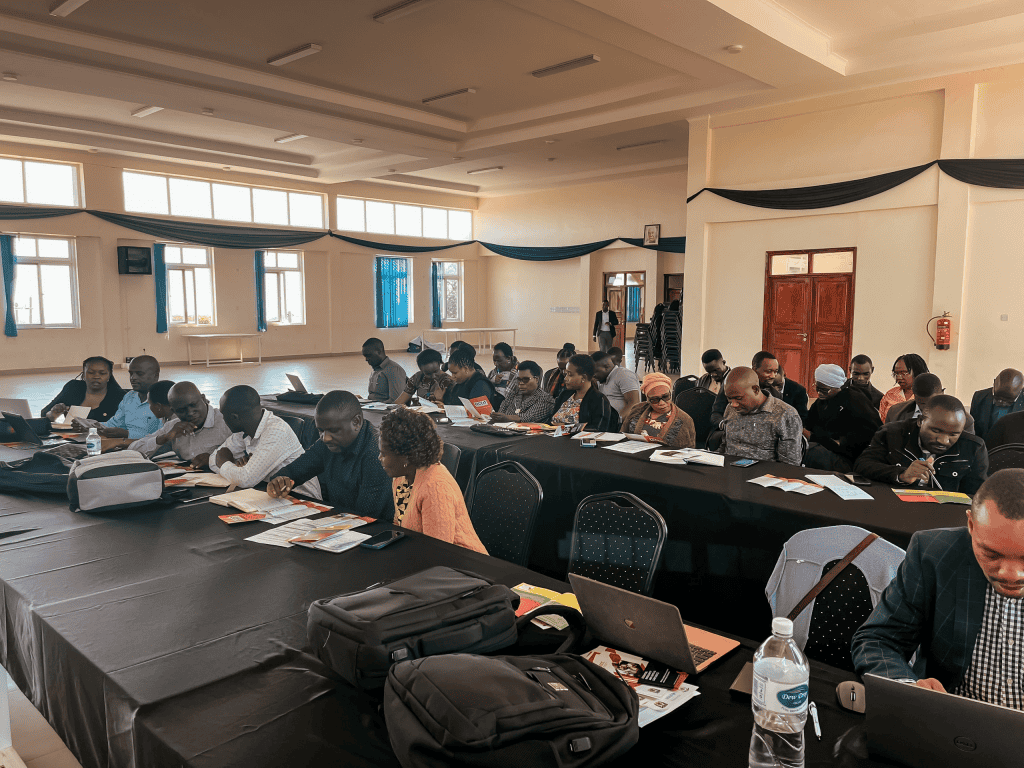
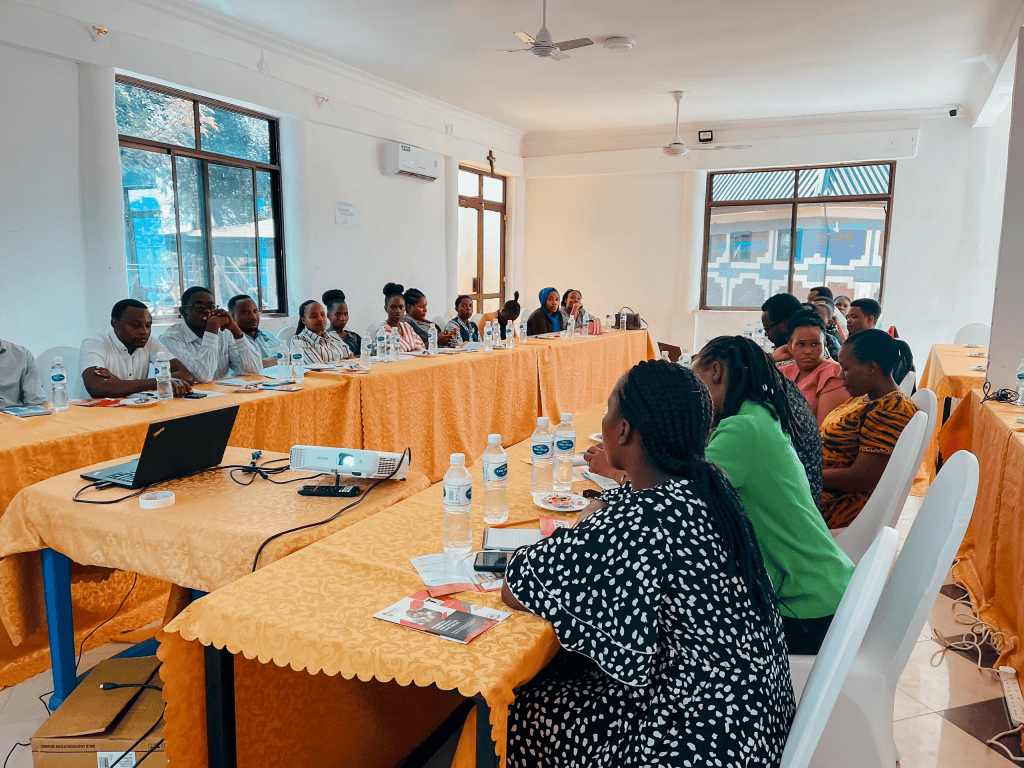

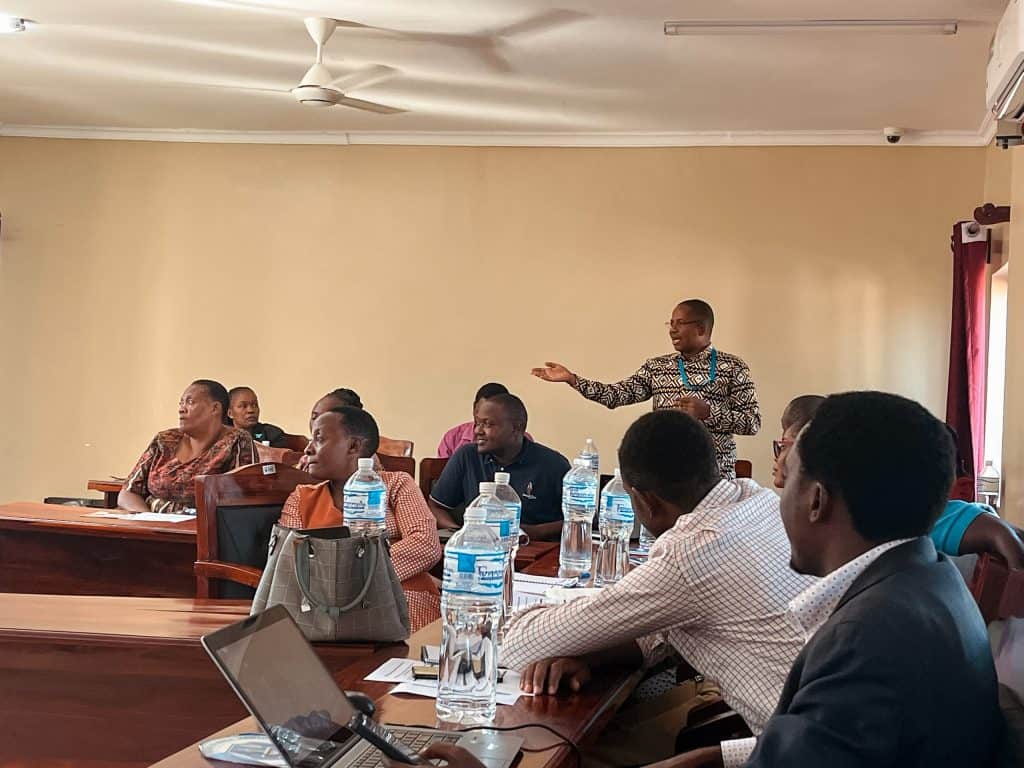
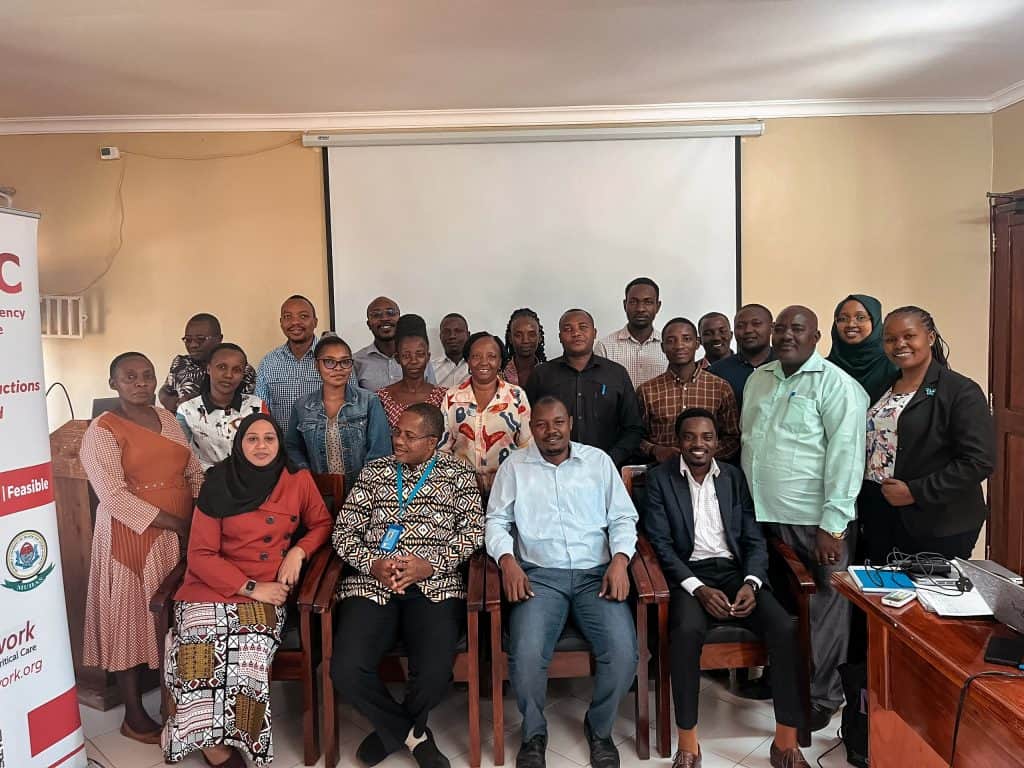
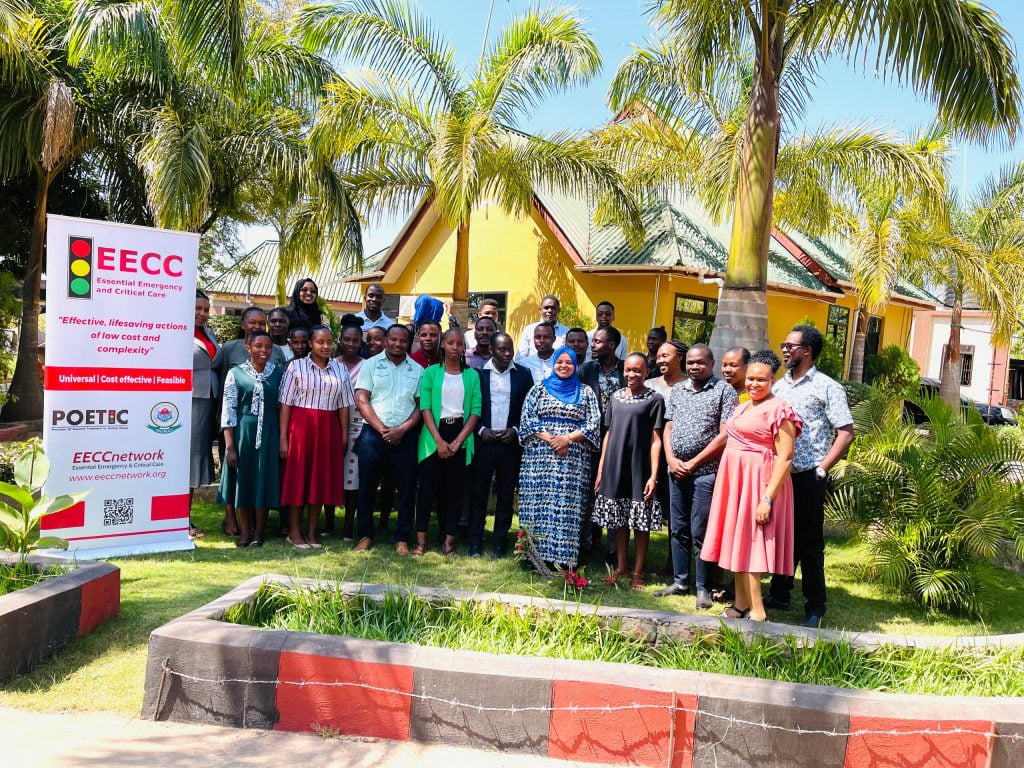
The way forward: We are writing-up the results in a series of scientific manuscripts and policy briefs, and will continue supporting the government with the plans for scale-up and sustaining of EECC throughout the country.
